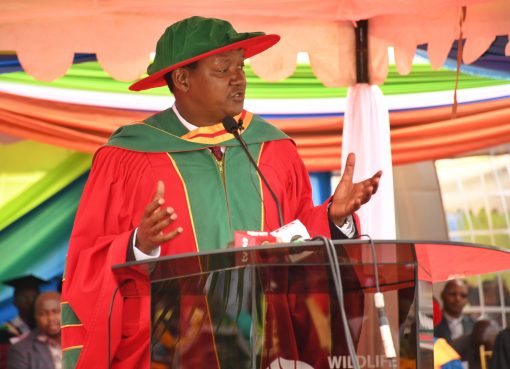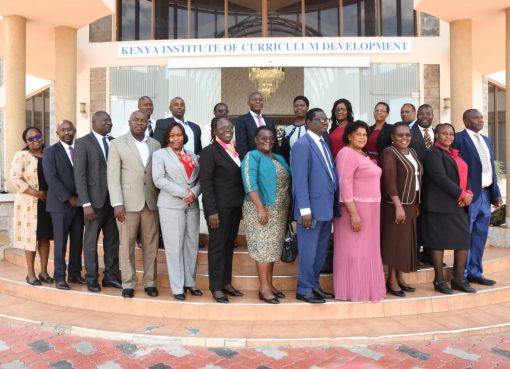The Kilifi County Assembly on Wednesday rejected the Third Way Alliance Kenya-fronted Punguza Mizigo constitutional amendment bill 2019.
Members of the County Assembly unanimously passed a motion that recommended the rejection of the bill on the grounds that Kilifi residents, through public participation forums conducted in all wards had opposed its proposals.
The motion to reject the bill was moved by Deputy Speaker Stanley Kenga, and seconded by Tezo Ward Representative Benson Chengo.
Eight other MCAs contributed to the motion before Speaker Jimmy Kahindi Kadhua put the question on whether the MCAs approved or rejected the motion, to which there was a thunderous ‘Aye’.
The motion read in part: “Based on the public views and pursuant to the provisions of article 257 (6) of the Constitution of Kenya 2010, this County Assembly rejects the Punguza Mizigo (constitutional amendment) Bill 2018.”
Mr. Kenga said the proponents of the Punguza Mizigo bill, despite making mouth-watering proposals to channel more funds to the counties, had failed to amend the fourth schedule of the current constitution which clearly defines the functions of both the national and county government.
“As much as they recommended more funds to be channeled to the counties, their priority areas included matters of security and education which are clearly functions of the national government except for early years and vocational training centres,” he said.
“If this bill goes through, how shall we handle matters of primary and secondary schools in the counties since the bill does not have any provisions for them?” he posed.
He noted that the fourth schedule of the current constitution placed them among the functions of the national government.
He faulted the proposal to have only two Members of the National Assembly, male and female, per county, saying this would disadvantage counties with higher populations like Kilifi, which has more than 1.2 million people with seven Members of the National Assembly.
“Lamu, which has a population of 101,000 people and Tana River, with a population of about 240,000 cannot have a similar representation in the National Assembly with Kilifi, which has 1.2 million. The proposal to have only two MPs per county was flatly rejected by the people,” he said.
The Deputy Speaker at the same time said the proposal to have a one term president serving for seven years while other positions will have five-year terms would put the country in a perpetual campaign mode.
He said the Ekuru-Aukot bill had not addressed the land question, which he said was the greatest problem facing the people of Kilifi County and the coastal region in general.
Chengo on his part urged the government to tighten its noose on corrupt individuals in government who he accused of creating an impression that the country did not have enough financial resources, hence requiring a reduction of the financial burden as proposed by the bill.
“Kenya has enough resources. What we require is their prudent use and the sealing of all loopholes that make public funds to flow into individuals’ pockets through corruption,” he said.
Nominated MCAs who contributed to the bill said the proposal to abolish nominations at the National and County Assemblies would disadvantage women, the youth, persons with disabilities and people from minority communities who cannot easily be elected.
Speaking to journalists after the session, Speaker Kadhua dismissed Dr. Ekuru Aukot’s assertion that Members of County Assemblies who had rejected the bill had been compromised by senior politicians.
“We did due diligence to the bill by subjecting it to public participation and the people returned a resounding ‘No’ verdict. The County Assembly cannot go against the will of the people,” he said.
by Emmanuel Masha




